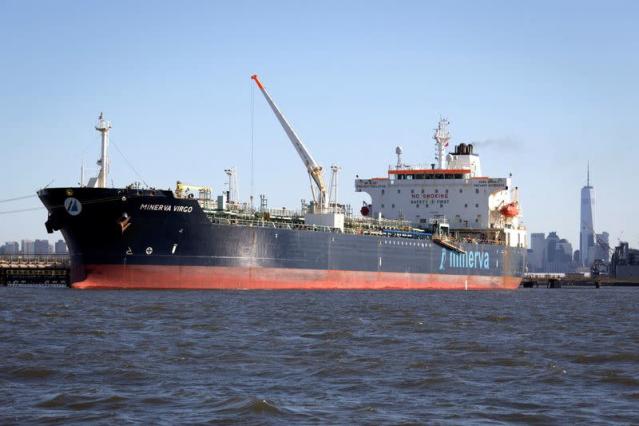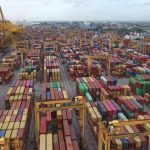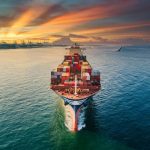Tough new sanctions on Russian oil shipments taking effect from December are likely to boost already high tanker rates as buyers race to replace cargoes and are forced to use longer routes, a leading ship manager said.
In the latest action against Russia in response to its invasion of Ukraine that began in February, the European Union will ban Russian crude imports from Dec 5, and Russian oil products from Feb 5.
Designed to deprive Moscow of revenues that could finance its action in Ukraine, the measures will force one of the world’s top oil producers and exporters to seek alternative buyers further afield.
Maersk Tankers Chief Executive Christian M. Ingerslev told Reuters he expected demand to be healthy as Russian oil continues to flow, but to different markets.
“With new sanctions coming into place, we expect that Russian oil will continue to be moved. But now the importing countries will not have the short haul distance, it will be long haul,” he said.
“Europe, which previously imported 1 million barrels a day, will need to source the volume for instance from the Middle East, which in turn will lead to more demand.”
Freight rates have hit record highs in recent weeks and analysts expect them to stay supported for both crude and oil products tankers, potentially driving inflation that has hit multi-decade highs.
Ingerslev said the conditions had prompted ship owners from other segments such as dry bulk to invest in tanker assets.
“The difference between spot and time charter markets is quite big and it’s attractive to be in the spot market,” he said.
“Longer distances create more uncertainty operationally and customers need to start planning a lot longer,” he said.
A G7 plan, intended as an add-on to the EU embargo, will allow shipping services providers, such as insurers, to help enable Russian oil to be exported, but only at enforced low prices. This is also set to take effect on Dec. 5.
“The price cap is on paper clear, but in practical terms we need to see how it will take shape,” Ingerslev said.
“How does it work with P&I clubs (ship insurers), banks having to handle the transactions? The owners are responsible for what is transported under the price cap, and it is not easy.”
Last week, EU governments remained split where the price cap’s level should be and it was unclear at a meeting on Friday how near they were to an agreement.
Service company Maersk Tankers has approximately 170 vessels under management. Sister company Maersk Product Tankers owns 52 vessels transporting energy products globally.
Source: Hellenic Shipping News






